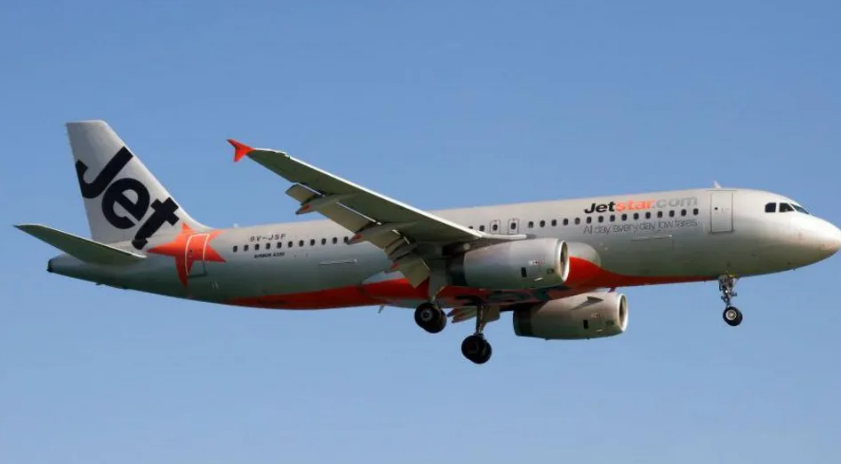Singapore-based low-cost airline Jetstar Asia will shut down operations by the end of July, citing unsustainable costs and growing competition across the region. The closure will affect more than 500 employees and disrupt flights across 16 Asian routes.
The airline, which has operated for over 20 years, confirmed the decision on Wednesday and said all affected customers would be offered full refunds. Those booked to travel after July 31 will be contacted directly, with some passengers possibly rebooked on alternative flights offered by Qantas Group airlines.
Jetstar Asia, 49% owned by Australia’s Qantas and 51% by Singapore’s Westbrook Investments, has struggled in recent years to stay afloat amid escalating supplier charges, airport fees, and aggressive competition from other budget carriers such as AirAsia and Scoot.
“We have seen some of Jetstar Asia’s supplier costs increase by up to 200%, which has materially changed its cost base,” said Qantas Group CEO Vanessa Hudson in a statement. The budget airline is expected to post a loss of A$35 million this financial year.
The decision to wind down Jetstar Asia will not affect Jetstar Airways in Australia or Jetstar Japan, Qantas confirmed. The company also announced that the closure would free up A$500 million (US$326 million) for Qantas to reinvest in fleet renewal and bolster domestic operations. Thirteen aircraft from Jetstar Asia will be redeployed to serve routes across Australia and New Zealand.
In the lead-up to the shutdown, Jetstar Asia will gradually reduce its flight schedule. Routes impacted include services between Singapore and destinations in Malaysia, Indonesia, and the Philippines. Passengers who booked through travel agents or partner airlines are advised to contact their booking providers directly.
Jetstar Group CEO Stephanie Tully praised the airline’s workforce and pledged to support them through the transition. “We have an exceptional team who provide world-leading customer service and best-in-class operational performance,” Tully said. “Our focus is on supporting them through this process and helping them to find new roles in the industry.”
The announcement prompted an outpouring of support from former passengers, many of whom shared fond memories of affordable travel made possible by Jetstar Asia. “Very saddened to hear this news about a very warm, efficient, wonderful airline,” one Facebook user wrote.
Jetstar Asia was launched in 2004 as part of Qantas’ strategy to expand in the burgeoning Asian low-cost market. While it helped pioneer budget travel in the region, it has struggled in recent years to maintain profitability amid intensifying competition and rising operational expenses.


